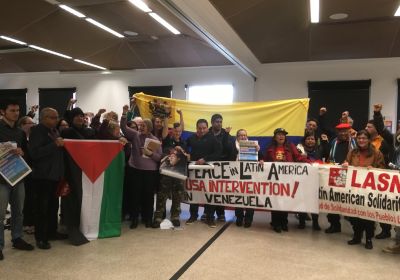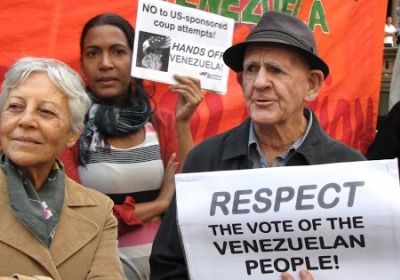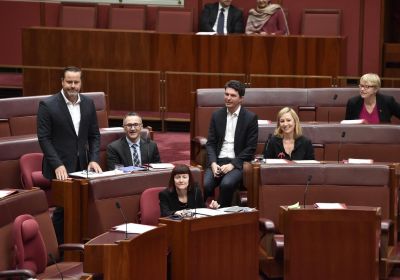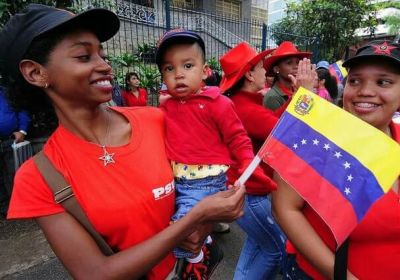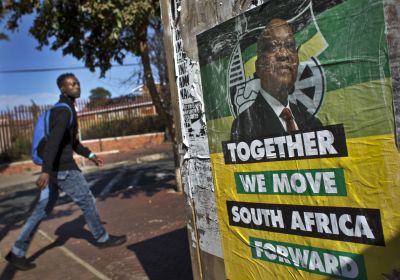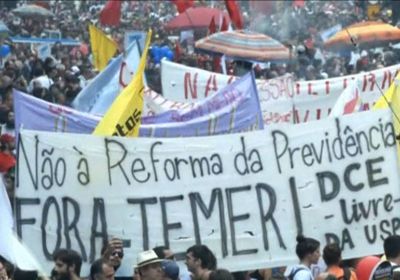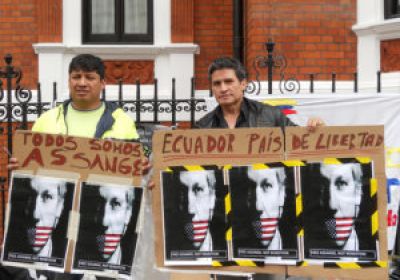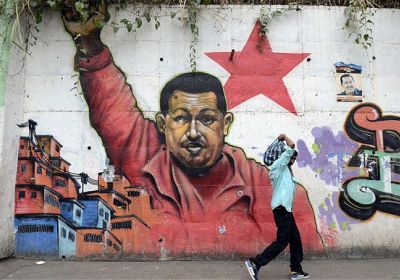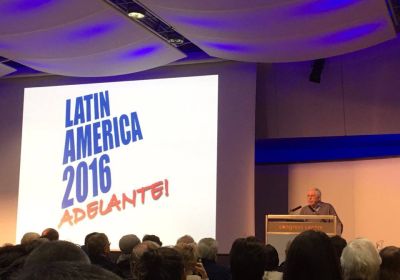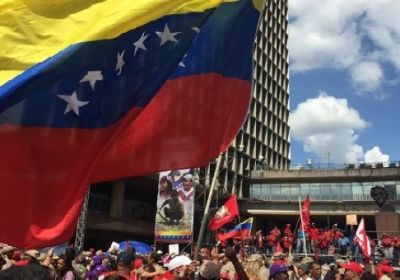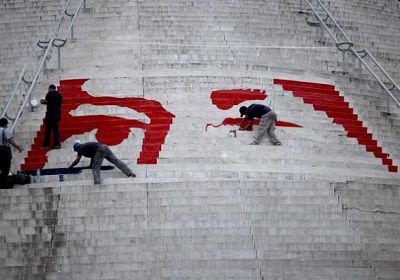
Travelling past El Calvario Park, just a few blocks from the Miraflores presidential palace in Caracas, we see a familiar image: an outline of late former president Hugo Chavez’s eyes, painted across several stairs.
This image can be seen all over Caracas. The government of President Nicholas Maduro has converted it into a recognisable trademark, much like the iconic image of Che Guevara that is splashed across T-shirts, flags and walls the world over.

